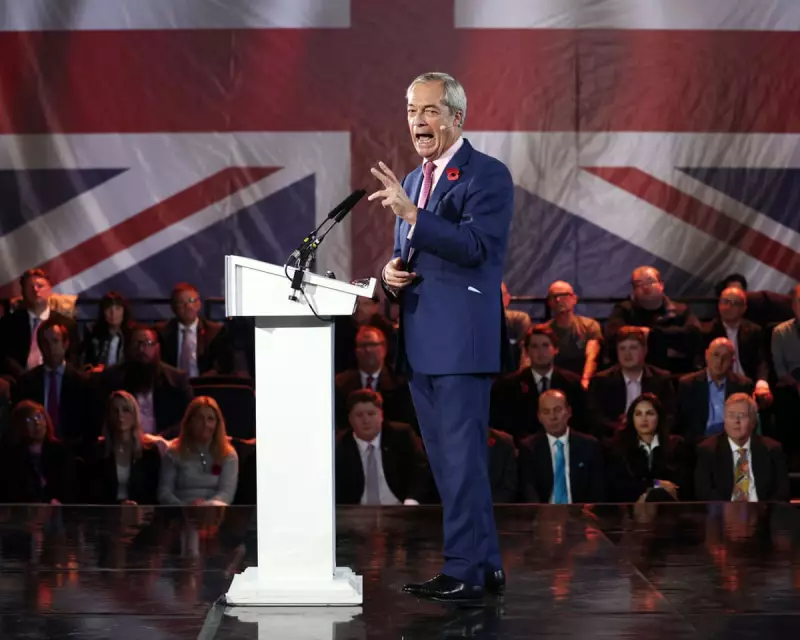
In a pivotal London speech on 10 November 2025, Nigel Farage cemented his influence over British politics, forcing the Labour party to confront an urgent strategic dilemma. As Reform UK gains traction, the centre-left faces the critical challenge of developing an effective response that goes beyond mere opposition.
The Philosophical Divide in Modern Politics
The current political landscape reveals a profound philosophical schism. While Michael Sandel, the Harvard professor awarded the prestigious $1m Berggruen prize in 2025, once advised Labour to anchor social justice in "solidarity, civic virtue and community," this synthesis never materialised. Instead, Faragian 'national conservatism' has successfully monopolised the politics of community, weaving together themes of place, culture and identity that resonate with many voters.
This development has left progressives predominantly defending universal rights and celebrating diversity, as exemplified by Green party leader Zack Polanski's viral video reciting Benjamin Zephaniah's poem British. While this approach has moral appeal, it risks reducing complex political realities to simplistic binaries: liberal tolerance versus reactionary authoritarianism, diversity versus racism, hope versus hate.
Why Moral Certainty Isn't Enough
The instinct to wage a moral crusade against Reform UK, while understandable given the concerning rise of ethno-nationalism in political discourse, represents an insufficient strategy. As philosopher Pierre Hassner observed through historian Timothy Garton Ash, "humankind does not live by liberty and universality alone." This insight highlights the limitations of an approach that focuses exclusively on individual rights and freedoms.
The migration of less affluent voters toward nationalist and authoritarian positions signals that many citizens feel unseen by progressive politics that emerged dominant after the Cold War. Since the 1980s, progressive thought has increasingly prioritised individual rights and aspirations, partly in response to deindustrialisation's erosion of blue-collar communities' influence. This shift, while delivering important advances for minority groups, created a vacuum that Reform UK now fills.
New Directions Within Labour
Signs of adaptation are emerging within Labour's ranks, with two prominent figures charting potentially complementary courses. Home Secretary Shabana Mahmood argues that establishing "order and control" in immigration policy represents not a betrayal of progressive values but a necessary step toward rebuilding public trust for a more generous politics.
Meanwhile, Greater Manchester Mayor Andy Burnham has identified the need to reclaim sovereign control over economic choices, challenging what he describes as being "in hock to the bond markets." His comments highlight the progressive challenge of overcoming the dominance of rootless international capital that constrains democratic decision-making.
Both approaches point toward what Sandel describes as the need for an "alternative idea of national community" to counter racialised versions promoted by the far right. This requires Labour to develop a collectivist politics that preserves universal ethical insights while foregrounding social cohesion, collective obligation and communal wellbeing.
As Britain's political landscape continues to transform, with nationalist parties leading polls across England, Scotland and Wales, the Labour party faces a critical juncture. The pieces are in flux, and the left must quickly adapt to new political realities or risk ceding the next chapter of British history to reactionary forces.





